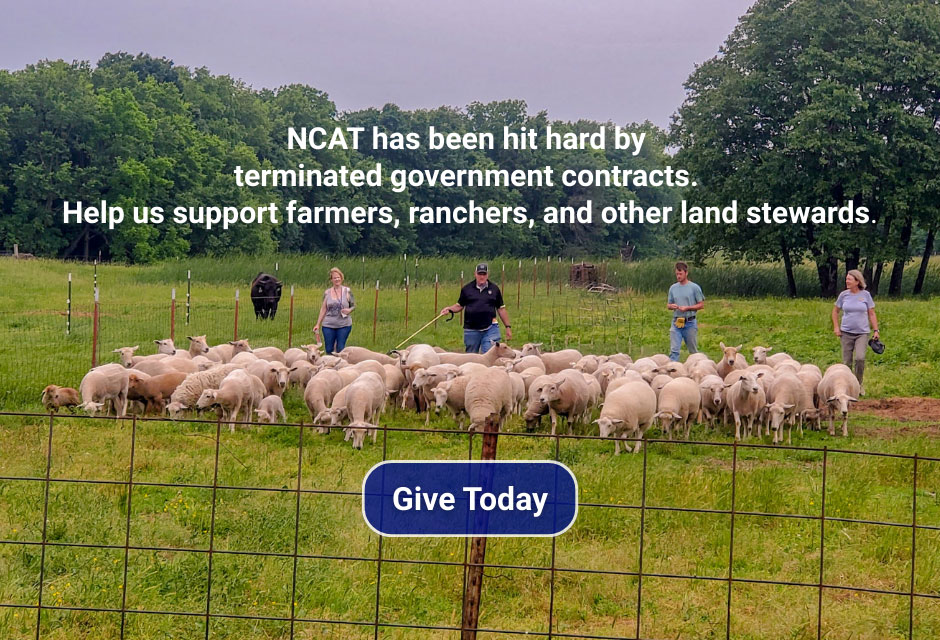Agricultural Ecology and Environment Journal Launches
A new, international journal, Agricultural Ecology and Environment, is accepting submissions of papers on original research, reviews, perspectives, and commentaries. The journal bridges agronomy, ecology, environmental science, soil science, and […]

